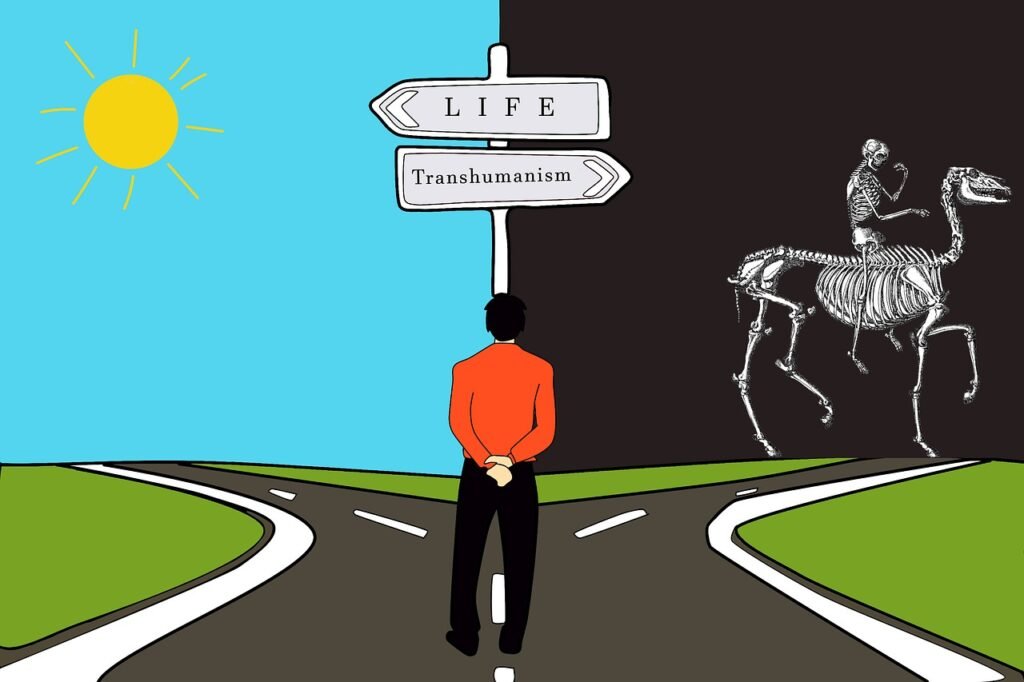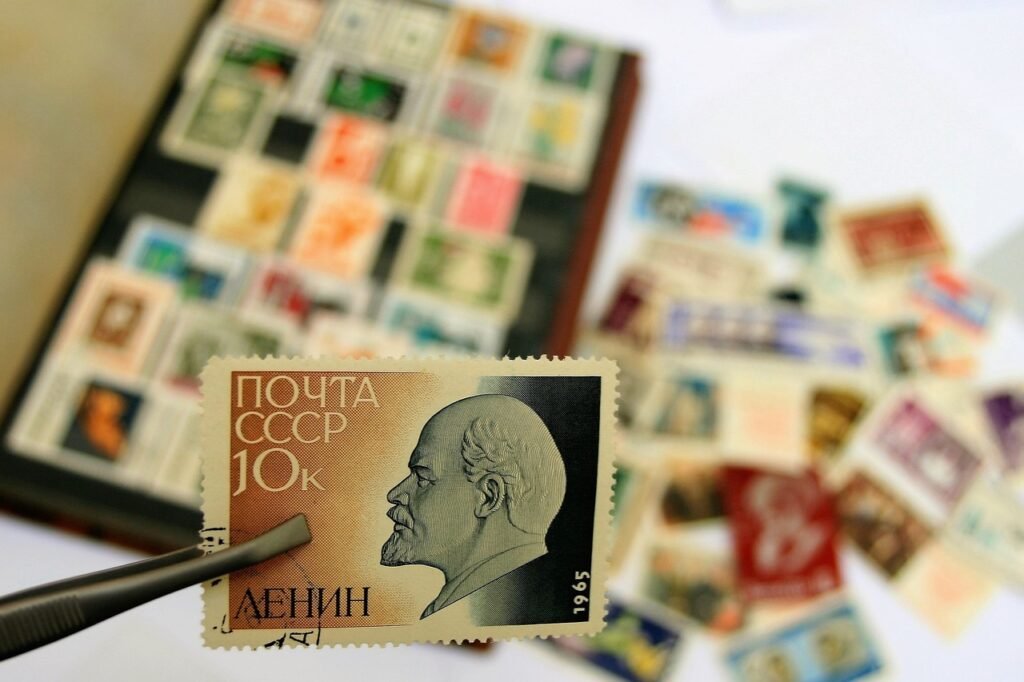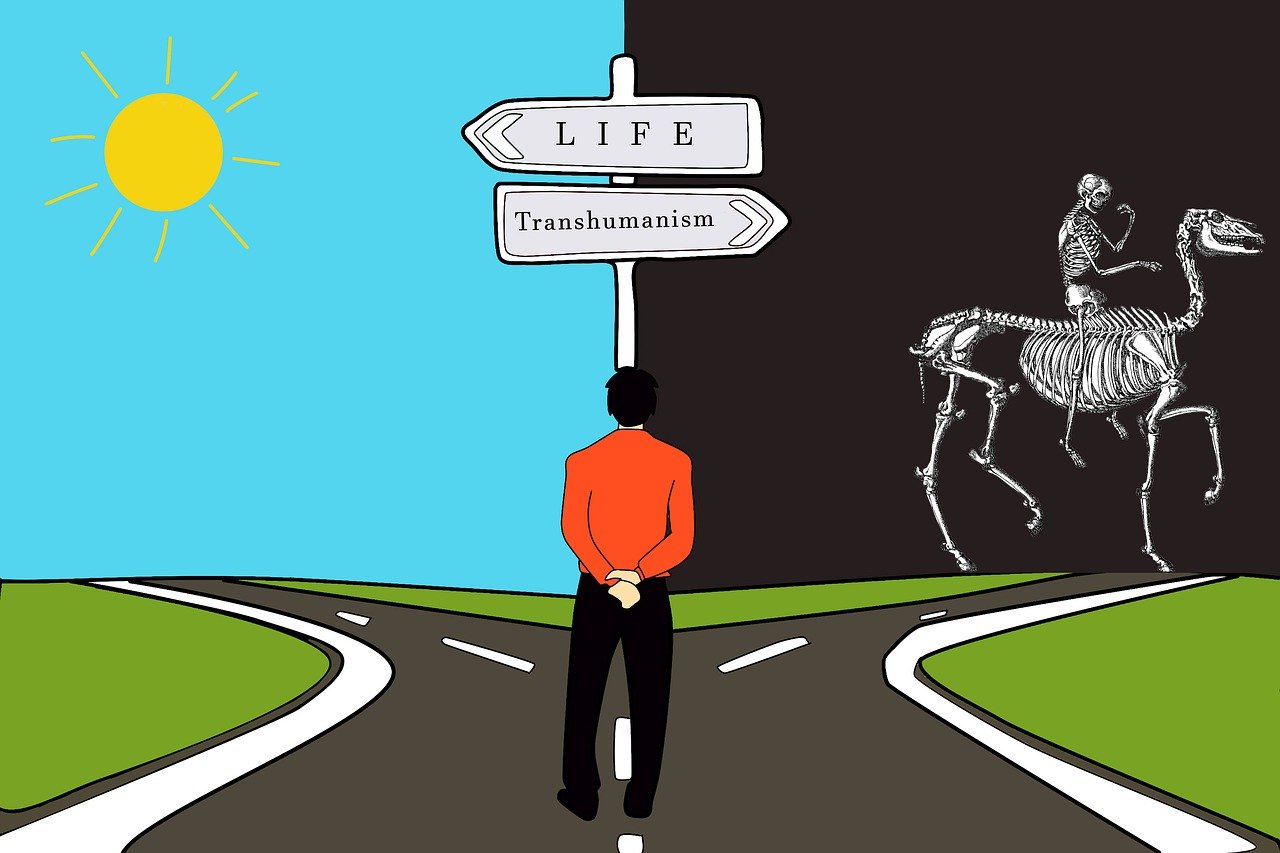What Was The Kenyan African National Union’s (KANU) Political Ideology?
In this article, we will explore the political ideology of the Kenyan African National Union (KANU). Formed in the 1960s, KANU played a crucial role in Kenya’s struggle for independence from British colonial rule. Led by prominent figures such as Jomo Kenyatta, KANU’s ideology aimed to unite the diverse Kenyan population and establish a strong, independent nation. Join us as we delve into the history and principles that shaped KANU’s political ideology, and understand its impact on Kenya’s political landscape.

This image is property of pixabay.com.
Background of KANU
Formation of KANU
The Kenyan African National Union (KANU) was formed on May 14, 1960, in response to the growing demand for independence from British colonial rule. Its formation was a result of the collaboration between Jomo Kenyatta and other nationalist leaders who came together to fight for the political rights and self-determination of the Kenyan people.
Leadership of KANU
Jomo Kenyatta, a prominent nationalist and the first President of Kenya, played a pivotal role in the leadership of KANU. Kenyatta’s charismatic leadership and vision for an independent Kenya resonated with the masses and attracted a wide range of supporters. Under his guidance, KANU became the dominant political party in Kenya during the pre- and post-independence era.
One-Party State
KANU’s Dominance in Kenyan Politics
After Kenya gained independence in 1963, KANU became the ruling party and maintained its dominance for several decades. It held a strong grip on power, controlling the parliament, judiciary, and civil service. KANU’s dominance allowed it to shape the political landscape of the country and implement policies aligned with its ideology.
Suppression of Opposition Parties
During its tenure, KANU implemented policies aimed at suppressing opposition parties. The party used its influence and control over state institutions to marginalize and silence political opponents. This led to limitations on political freedoms and a lack of democratic institutions in the country.

This image is property of pixabay.com.
Socialism and African Socialism
KANU’s Adoption of Socialist Policies
KANU embraced socialist principles and advocated for social and economic equality. The party emphasized the importance of public ownership, nationalization of key industries, and wealth redistribution. These policies aimed to reduce inequalities and promote economic development for the benefit of all Kenyans.
Influence of African Socialism
KANU’s ideology was strongly influenced by the concept of African socialism, popularized by leaders like Julius Nyerere of Tanzania and Kwame Nkrumah of Ghana. African socialism sought to combine traditional African values with socialist principles, emphasizing collective responsibility and community development. KANU’s adoption of African socialism reflected its commitment to achieving economic and social progress in Kenya.
Pan-Africanism
KANU’s Commitment to Pan-Africanism
KANU was fervently committed to the ideals of pan-Africanism, which sought to foster unity and solidarity among African nations. The party believed in the strength of a united Africa and actively promoted cooperation and collaboration with other African independence movements.
Collaboration with Other African Independence Movements
KANU played a significant role in supporting and collaborating with other African independence movements. It provided material and ideological assistance to groups fighting for liberation from colonial rule in countries such as Zambia, Zimbabwe, and South Africa. KANU’s solidarity with other African nations helped to strengthen the pan-African movement and forge closer ties among independent states.

This image is property of pixabay.com.
Economic Policies
Import Substitution Industrialization
KANU pursued import substitution industrialization as a key economic strategy. The party aimed to reduce Kenya’s dependence on imported goods by promoting domestic industries and manufacturing. This policy aimed to stimulate economic growth, create employment opportunities, and foster self-sufficiency in essential goods and services.
State Intervention in the Economy
KANU supported state intervention in the economy and believed in the government’s role in regulating and overseeing economic activities. The party emphasized the importance of planned development and sought to ensure that economic growth was equitable and benefited all segments of society. State control over key sectors of the economy was seen as a means of fostering national development.
Land and Agriculture
Land Reforms and Redistribution
KANU implemented significant land reforms aimed at addressing historical injustices and promoting equitable land distribution. The party sought to address the concentration of landownership among a few elites and allocate land to landless peasants and marginalized communities. Land redistribution aimed to enhance agricultural productivity, reduce poverty, and promote social cohesion.
Support for Small-Scale Farmers
KANU recognized the importance of agriculture as the backbone of the Kenyan economy. The party implemented policies to support small-scale farmers, such as providing access to credit, agricultural extension services, and market opportunities. KANU’s support for small-scale farmers aimed to enhance food security, increase rural incomes, and drive agricultural development.
Education and Social Welfare
Expansion of Education
KANU placed a strong emphasis on education as a tool for national development and social progress. The party implemented policies to expand access to education at all levels, particularly for marginalized communities. Investments were made in the establishment of schools, training institutions, and scholarships to ensure that education was accessible to all Kenyans.
Social Welfare Programs
KANU implemented social welfare programs to address the needs of vulnerable and disadvantaged groups in society. These programs focused on poverty alleviation, healthcare, housing, and social security. The party aimed to create a more equitable and inclusive society by providing support and services to those in need.
Foreign Policy
Non-Alignment During the Cold War
KANU adopted a non-aligned foreign policy during the era of the Cold War. The party maintained neutrality and refused to align with either the Western bloc or the Eastern bloc. KANU’s non-alignment allowed Kenya to maintain friendly relations with countries from both sides of the Cold War divide, facilitating economic cooperation and diplomatic engagement.
Regional Integration in East Africa
KANU actively promoted regional integration within East Africa. The party played a key role in the formation of the East African Community (EAC), a regional bloc aimed at fostering economic cooperation and integration among member states. KANU’s commitment to regional integration reflected its vision for a united, stable, and prosperous East Africa.
Decline of KANU
Emergence of Multiparty Politics
The decline of KANU can be attributed to the emergence of multiparty politics in Kenya in the early 1990s. The introduction of political reforms and the repeal of laws prohibiting the formation of opposition parties led to the weakening of KANU’s monopoly on power. This opened up the political space for new parties and challenged KANU’s long-standing dominance.
Corruption and Mismanagement
KANU’s decline was also fueled by allegations of corruption and mismanagement. The party faced numerous corruption scandals that eroded public trust and confidence in its leadership. Mismanagement of public resources and a lack of accountability further contributed to the declining popularity of KANU.
Legacy of KANU
KANU’s Impact on Post-Independence Kenya
KANU’s impact on post-independence Kenya cannot be underestimated. The party played a central role in steering the country through the early years of statehood, asserting Kenya’s independence on the global stage, and implementing policies aimed at fostering social and economic development. KANU’s legacy is marked by its contribution to nation-building, social change, and the fight for equality and justice.
Reflections on KANU’s Ideology
KANU’s ideology, rooted in African socialism and a commitment to pan-Africanism, continues to shape political discourse in Kenya. While KANU’s influence has waned over the years, its legacy and ideals still resonate with many Kenyans. The party’s emphasis on social justice, economic development, and national unity remain relevant considerations in contemporary political discussions and policy-making processes.
In conclusion, the Kenyan African National Union (KANU) played a significant role in shaping the political landscape of Kenya. With its adoption of socialist policies, commitment to pan-Africanism, and focus on economic development, KANU left a lasting impact on post-independence Kenya. However, the party’s decline was marked by the emergence of multiparty politics, corruption allegations, and mismanagement. Despite this, KANU’s legacy as a key nationalist party and its ideology continue to influence the socio-political discourse in Kenya.







